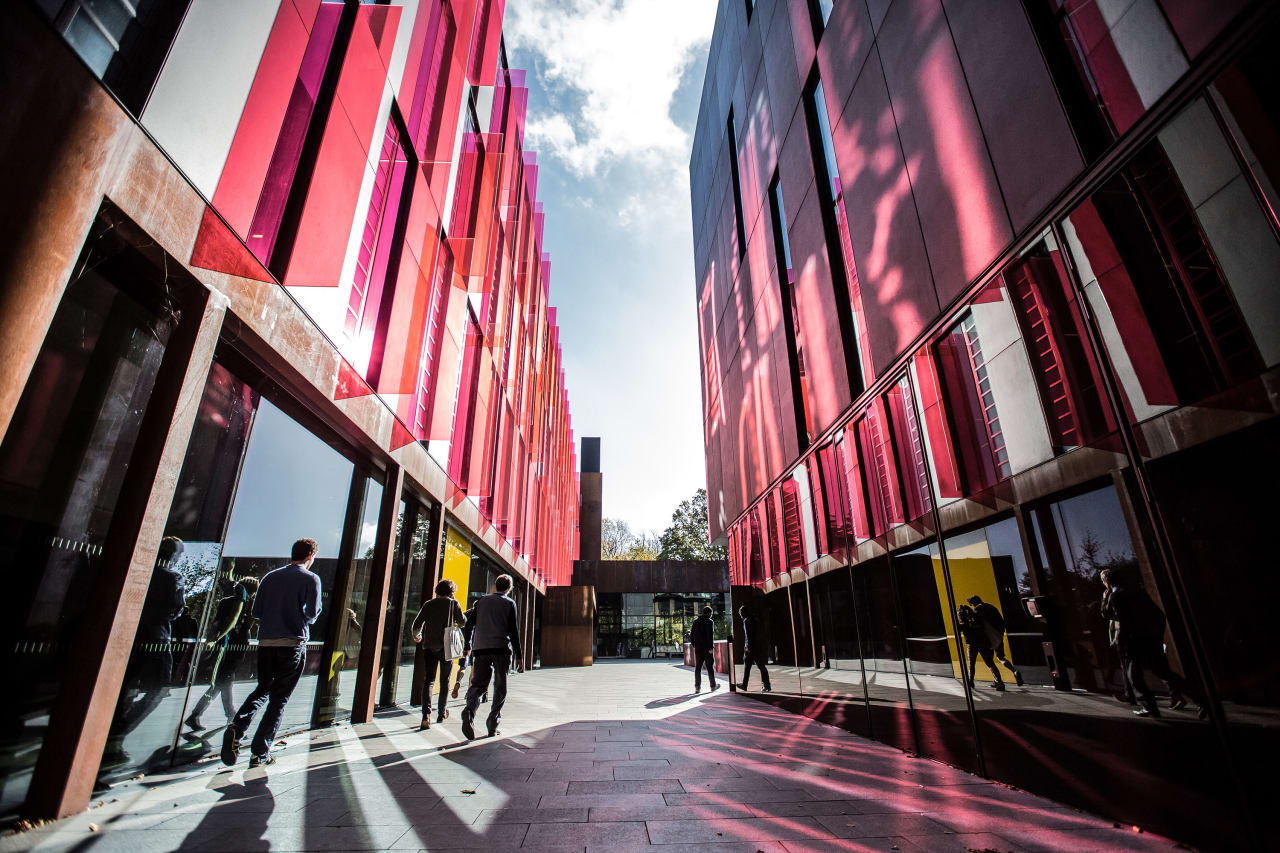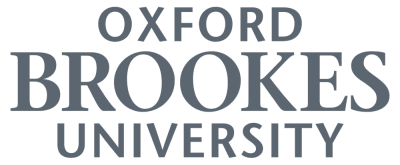
MA in International Relations (Distance Learning)
Oxford Brookes University

Key Information
Campus location
Headington, United Kingdom
Languages
English
Study format
Distance learning
Duration
12 - 24 Months
Pace
Full time, Part time
Tuition fees
GBP 7,850 / per year
Application deadline
Request Info
Earliest start date
Request Info
Scholarships
Explore scholarship opportunities to help fund your studies
Introduction
Explore the pressing issues, actors and power struggles in today’s globalised world - and get the skills and sector insight to start a career in international relations.
In this course, you’ll examine the major players, organisations and global policies that underpin world politics and the global political economy. You’ll scrutinise their aims and explore their challenges. And you’ll learn how they impact states, societies and citizens - from a migrant crossing the Mediterranean to an official implementing the Chemical Weapons Convention.
You’ll also have the freedom to follow your interests. You might scrutinise the Paris Agreements. You might analyse the impacts of Fair Trade. Or you might examine social movements - like the Yellow Vests, the Flygskam movement, or the pro-democracy movement in Hong Kong.
You’ll learn via our interactive online learning platform. And you’ll have the flexibility to balance your learning with other commitments.
Gallery
Admissions
Scholarships and Funding
Curriculum
Learning and assessment
You’ll examine how global states and societies cooperate. You’ll question the methods behind world politics and the global political economy. You’ll interrogate how these systems impact individuals - like refugees and protesters. And you’ll determine how they affect global problems - like the climate emergency.
In your first semester, you’ll take three compulsory modules that will help you develop core skills and knowledge in international relations. You’ll examine the key theories and their connection to living global issues. You’ll analyse various ways of understanding the global political economy, and you’ll develop research skills.
In your second semester, you’ll take three elective modules, focusing on the areas of international relations you care about most, like:
- Terrorism
- Migration
- Gender
- International development
- Conflict
- International ethics
You might debate approaches to debt in the Global South.
You might examine peacebuilding in conflict zones like Syria. Or you might analyse the ecological limits to development. You’ll also travel to The Hague and Brussels.
Study modules
Semester 1
Compulsory modules
- International Relations in Theory and Practice (20 credits)
You’ll investigate theoretical approaches in the discipline of International Relations at an advanced level. You’ll also examine how they connect with major issues in contemporary real-world international relations. - Global Political Economy (20 credits)
You’ll examine competing theoretical perspectives on the emerging global political economy. You’ll look at how these perspectives have evolved, both through theoretical debates and real-world developments. - Advanced Research in International Relations (20 credits)
You’ll examine the main approaches to the study of International Relations. You’ll consider a variety of relevant research methods so that you can understand how evidence is produced and critically appraise the research you use. You’ll discuss documentary research, interviews and focus groups, discourse analysis, surveys and questionnaires, and quantitative methods.
Semester 2
Compulsory modules
- International Development (20 credits)
Since the end of the Cold War one of the key dynamics in world politics – the gap between rich and poor – has come into sharper focus. In this module, you’ll examine both the theory and practice of the international politics of development.
You’ll start by looking at key theoretical debates and how these have related to practice. You’ll go on to explore contemporary issues in development that illustrate the theoretical debates, such as fair trade and sustainable development. - Global Civil Society and Social Movements (20 credits)
What kind of role can civil society play in global politics? This module investigates that question while concentrating on understanding ‘globalisation from below’. You’ll study key conceptual and theoretical debates about global civil society and global citizenship. You’ll explore the possibility of post-national forms of citizenship. Case studies will help you address the question of how global civil society can democratise global politics. - Critical Approaches to Terrorism (20 credits)
You’ll critically consider debates about how we define and understand terrorism, as well as thinking about the nature of the threat that terrorism poses. You’ll also explore the causes of terrorism and the gender politics of terrorism. We’ll encourage you to take a critical approach and try to think beyond the mainstream and conventional answers to some of these issues.
Final project
Dissertation (60 credits)
The dissertation is an extended, supervised piece of work on a topic that you choose yourself, ideally related to your professional, voluntary, political or research interests. Examples of dissertation areas would include:
- a case study of a particular policy initiative
- an analysis of alternative approaches to a particular policy problem
- a systematic review and analysis of published evidence on a particular topic
- an empirical study using methods such as a survey, interviews or observation.
You’ll also present your dissertation topic at an online dissertation seminar. This is a valuable chance to receive feedback from a wider audience.
Program Tuition Fee
Career Opportunities
You’ll graduate with sought-after transferable skills - like:
- Project management
- Critical analysis
- Complex problem-solving
You’ll have keen intercultural awareness and communication skills. And you’ll be equipped to start international careers - in politics, NGOs, international development, the civil service, corporate social responsibility and more. You’ll also have the skills and knowledge to progress in academia and research.
‘The range of topics is impressive and seems to cover the key problems that confront governments, politicians and international policy-makers.’
Tricia Feeney, Founder, Rights & Accountability in Development.